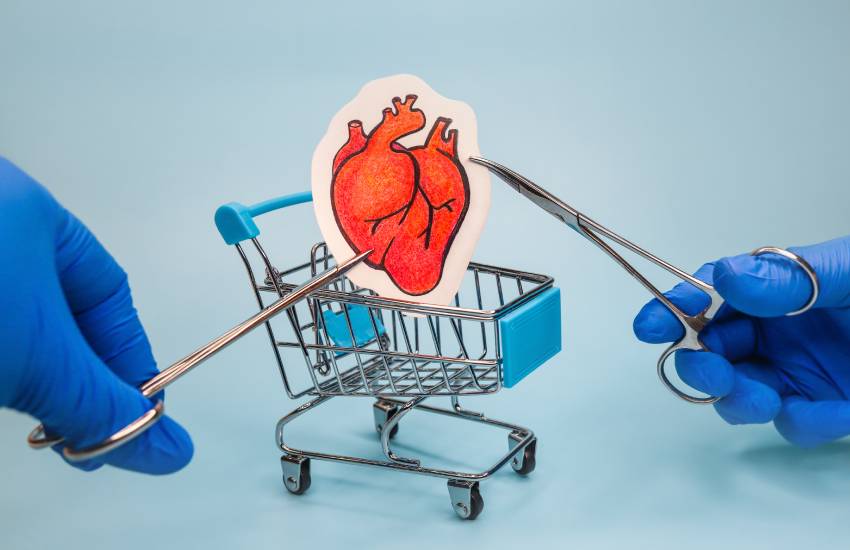
Trafficking of Kenyans abroad for the purpose of harvesting their organs and illegal transplants in local hospitals are happening in secrecy.
A report by the International Organisation for Migration (IOM) on human trafficking in Kenya, Tanzania, Uganda and Burundi reveals that cases of trafficking for organs are real in the region.
IOM has engaged 1,916 people in the four countries, including 372 from Kenya, who have either been trafficked, are traffickers, or are at high risk of being trafficked.
Facts First
This story continues on The Standard INSiDER. Subscribe now for unfiltered journalism that holds power to account.
Already have an account? Login
 The Standard Group Plc is a multi-media organization with investments in media
platforms spanning newspaper print
operations, television, radio broadcasting, digital and online services. The
Standard Group is recognized as a
leading multi-media house in Kenya with a key influence in matters of national
and international interest.
The Standard Group Plc is a multi-media organization with investments in media
platforms spanning newspaper print
operations, television, radio broadcasting, digital and online services. The
Standard Group is recognized as a
leading multi-media house in Kenya with a key influence in matters of national
and international interest.











